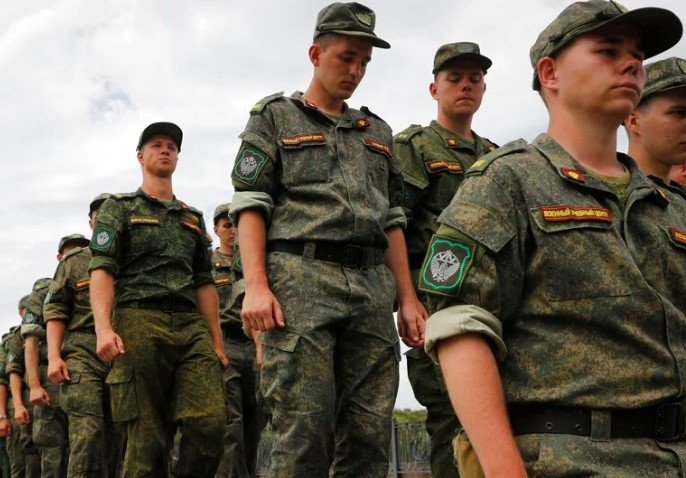Igor Kirillov, the head of Russia’s chemical weapons division, was killed in an explosion in southeastern Moscow on December 17, 2024, in an attack that has been linked to Ukraine. His death marks a significant moment in the ongoing conflict, being one of the most high-profile assassinations of a Russian military figure since the beginning of the war.
The Attack
Kirillov, along with his assistant, was killed when an explosive device hidden in an electric scooter detonated near an apartment building. The attack occurred in a residential area of southeastern Moscow, a location that, according to reports from both Russian and Ukrainian officials, had no immediate indication of external involvement or violence other than the bombing.
While it remains unclear how the attackers managed to plant the bomb, the involvement of a scooter highlights the growing use of innovative tactics in this ongoing conflict. The device reportedly detonated at close range, killing both Kirillov and his assistant instantly.
- Date: December 17, 2024
- Method: Explosive device concealed in an electric scooter
- Location: Southeastern Moscow
- Victims: Igor Kirillov and his assistant
The attack has been officially claimed by Ukrainian sources, though Moscow has yet to release a full statement regarding the perpetrators.

Kirillov’s Role and Significance
Igor Kirillov held one of the most crucial roles in Russia’s military infrastructure. As the head of the Chemical, Biological, Radiological, and Nuclear (CBRN) defense forces, Kirillov commanded a specialized unit responsible for safeguarding Russian military forces from chemical, biological, and nuclear threats. This division is vital for maintaining Russia’s defense capabilities in environments contaminated by dangerous agents.
Kirillov’s position placed him at the center of Russia’s strategic military defense against unconventional warfare, particularly in the areas of biological and chemical weapon defense. His expertise in weapons of mass destruction (WMDs) and his leadership in the CBRN forces made him a key figure in the Russian military apparatus, and his assassination has profound implications for the ongoing war with Ukraine.
- Position: Head of Russia’s chemical weapons division
- Specialization: CBRN defense (Chemical, Biological, Radiological, Nuclear)
- Responsibilities: Protecting Russian forces from chemical, biological, and nuclear contamination
Given his role, Kirillov was not just a military officer but also a figure closely involved in Russia’s efforts to maintain its stockpile of chemical and biological weapons. He had reportedly been working on several high-priority projects related to these weapons before his death.
Ukrainian Allegations
Ukrainian officials quickly took responsibility for the assassination, asserting that Kirillov was a significant target due to his leadership role in Russia’s chemical and biological weapons development programs. Ukraine has long accused Russia of using or threatening to use such weapons in its military campaigns, particularly during the ongoing conflict in Ukraine.
The Ukrainian government has not provided further details about how the operation was carried out but confirmed its involvement. The attack comes amid growing concerns over Russia’s military tactics and the possibility of escalating violence in the war, particularly related to WMDs.
Impact and Aftermath
Kirillov’s death is a blow to Russia’s military infrastructure, particularly as the country faces increasing pressure on multiple fronts in its invasion of Ukraine. His assassination may signal further targeted attacks against high-ranking Russian officials, especially those involved in Russia’s controversial chemical and biological weapons programs.
The use of a concealed bomb on an electric scooter is indicative of the innovative, asymmetrical tactics that are becoming more common in modern warfare. Such attacks not only aim to disrupt the target but also serve as powerful psychological warfare tools, aiming to weaken the morale of high-ranking military personnel.
Russian authorities have pledged to investigate the attack thoroughly, but the high-profile nature of the assassination ensures that it will be closely scrutinized by the international community.
